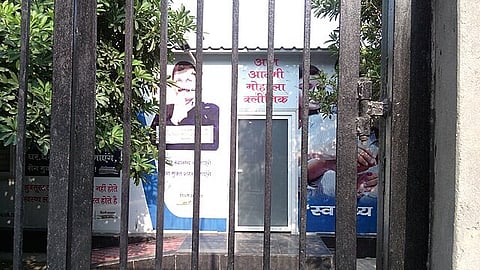A recent audit by the Comptroller and Auditor General (CAG) has exposed serious shortcomings in Delhi's Mohalla clinics, raising concerns. The report highlighted critical issues such as minimal doctor-patient interaction, non-operational facilities, inadequate medical equipment, and a shortage of essential drugs, painting a disturbing picture of state-run healthcare operations.
Key Findings from the CAG Report
Doctors Spending Less Than a Minute with Patients
One of the most alarming revelations in the report is the extremely short consultation time between doctors and patients. The audit found that 70 percent of patients who visited these clinics from October 2022 to March 2023 received a consultation within a minute. This raises serious concerns about the quality of medical diagnosis and treatment offered at these facilities.
Unavailability of Basic Medical Goods and Services
The report also highlighted the absence of critical medical equipment in many clinics. Essential equipment such as pulse oximeters, glucometers, X-ray viewers, thermometers, and blood pressure monitors were missing, affecting patient care.
A large number of Mohalla clinics were found to be non-functional. The audit revealed that 18% of clinics remained closed for periods ranging from 15 days to nearly two years due to physician shortages, resignations, and depaneling. Out of the 218 clinics assessed in the Northeast, South, Southwest, and West districts, 41 were closed at the time of the assessment, disrupting access to healthcare for residents.


